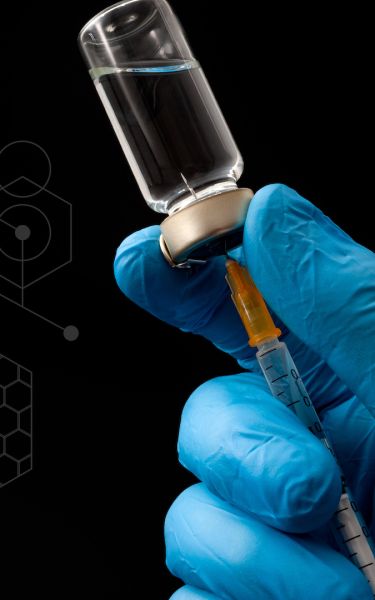
DECEMBER 7 - 9, 2020
Future of Health Summit 2020
About the Summit
The Milken Institute Future of Health Summit convened the best minds in the world to confront the most significant health challenges by matching human, financial, scientific, and educational resources with innovative and impactful ideas. The Summit focused on the converging crises of public health, economic insecurity, and social injustice. COVID-19 has exposed weaknesses across our health systems, particularly in the treatment of our most vulnerable communities, where access to affordable and quality health care has never been more vital.
Event Details
DECEMBER 7 - 9, 2020





